Guterres warns of global food crisis amid West's anti-Russia stance
UN Secretary General Antonio Guterres has warned of a global food crisis as the West's anti-Russia stance is creating "obstacles" to the flow of Russian food products and fertilizers to the world.
Speaking on Saturday from the Joint Coordination Center (JCC), Guterres said that the global food crisis triggered by the Ukraine conflict looms over the world.
"Without fertilizer in 2022, there may not be enough food in 2023. Getting more food and fertilizer out of Ukraine and Russia is crucial to further calm commodity markets and lower prices for consumers," he noted.
Last month, the UN and Turkey acted as mediators, setting up the JCC manned with senior representatives from Russia, Turkey, Ukraine and the United Nations to facilitate and supervise the export of grain, agricultural products, food and fertilizers from Ukraine to the world.
The UN chief has repeatedly warned against the anti-Russia sanctions imposed by the West, saying the sanctions were exacerbating the poor situation of the global economy.
Guterres, who traveled this week to Ukraine, insisted that the world governments must make sure of the "unimpeded" global access of Russian fertilizers and agricultural products.
"It is important that all governments and the private sector cooperate to bring them to market," he said.
The UN chief vowed to make efforts to "step up" grain exports from Ukraine before the onset of winter, as they are crucial for food supplies in many African countries.
Guterres met with the presidents of Ukraine and Turkey, Volodymyr Zelensky and Recep Tayyip Erdogan, in the western city of Lviv Thursday, and then headed to the southern city of Odessa on Friday.
On Saturday, he visited the first aid ship chartered by the United Nations to transport Ukrainian grain on the southern shores of Istanbul in the Sea of Marmara.
"What we see here in Istanbul and in Odessa is only the more visible part of the solution. The other part of this package deal is the unimpeded access to the global markets of Russian food and fertilizer, which are not subject to sanctions," Guterres concluded.
Western sanctions on Russia, a major exporter of potash, ammonia, urea and other soil nutrients, have disrupted shipments of those key inputs around the globe. Fertilizer is key to keeping corn, soy, rice and wheat yields high.
Brazil, the world's biggest soybean exporter, relies heavily on imported fertilizers from Russia and Belarus, who are the source of crop nutrients.
The shortage can is seriously felt in agricultural powerhouse Brazil, where farmers are applying less fertilizer to their corn. In some African countries, farmers are reverting to using manure to nourish their crops. And in North America, some farmers have stockpiled fertilizer for the 2023 season in anticipation of higher prices.
In the United States, fertilizer bills are expected to jump 12% this year according to American Farm Bureau Federation and U.S. Department of Agriculture (USDA) data.
VIDEO | Press TV's news headlines
Pentagon readies 1,500 soldiers to deploy for Minnesota protests crackdown
US evacuation of Ain al-Asad base bolsters Iraq’s national sovereignty: Iran FM
Bogus claims, fake sources: Who ignited the flames of unrest and sedition in Iran
Trump demands countries pay $1 bn to join Gaza ‘Board of Peace’: Report
VIDEO | Trump beats hasty retreat after Iran counter-revolution attempts fail
IRGC forces arrest riot ringleaders in Iran’s Khuzestan, seize arms
Iraqi PM warns of conspiracies targeting Muslim world, threats against Iran


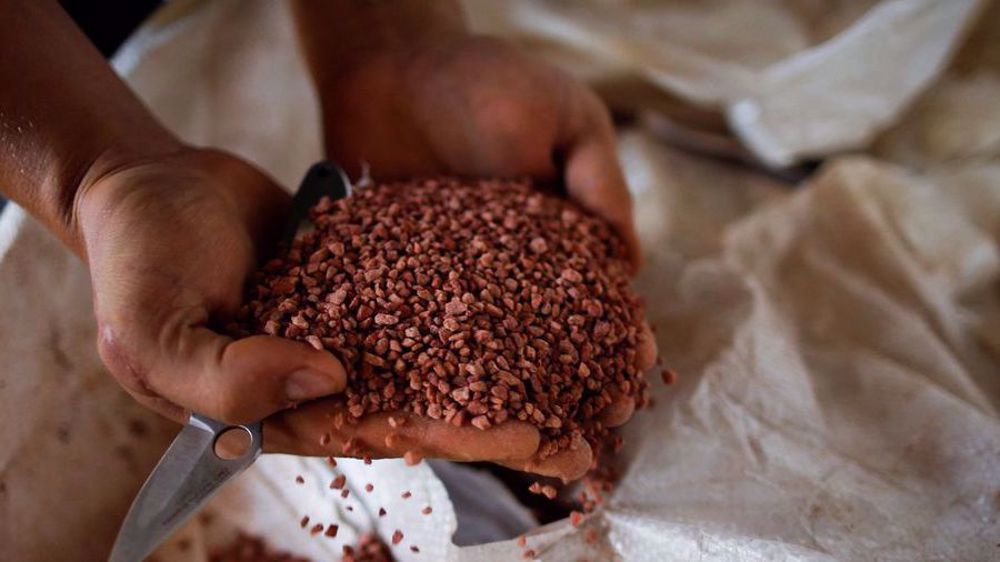
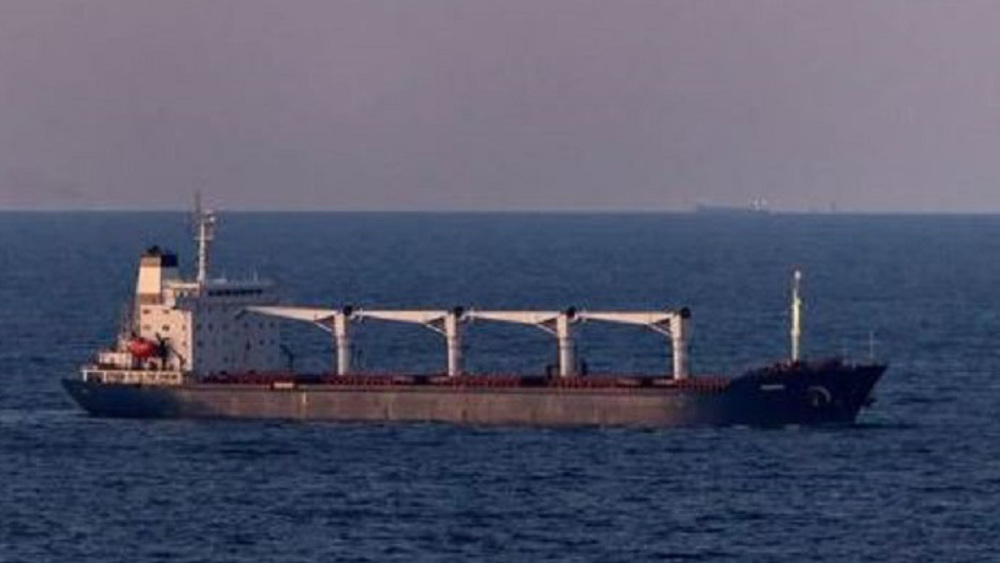
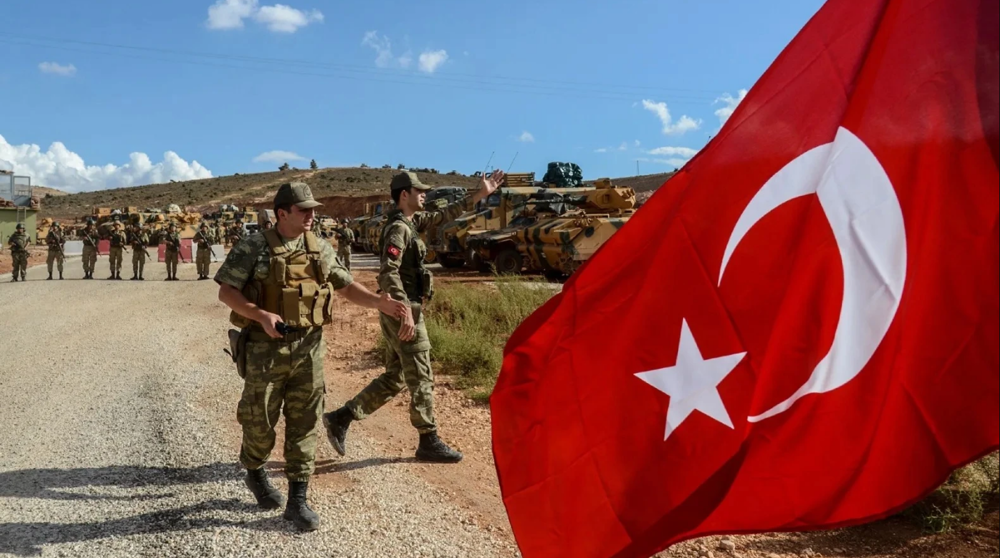

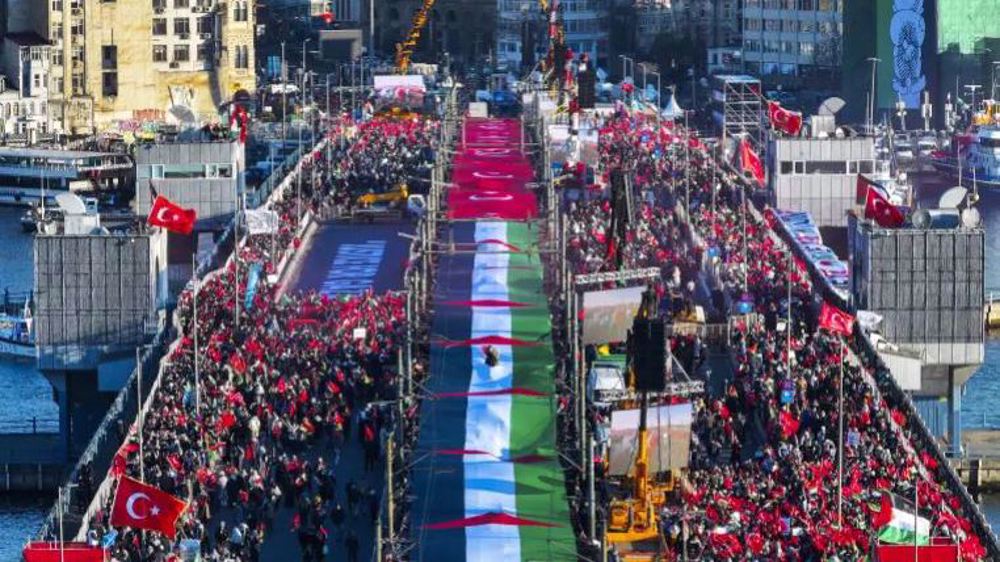



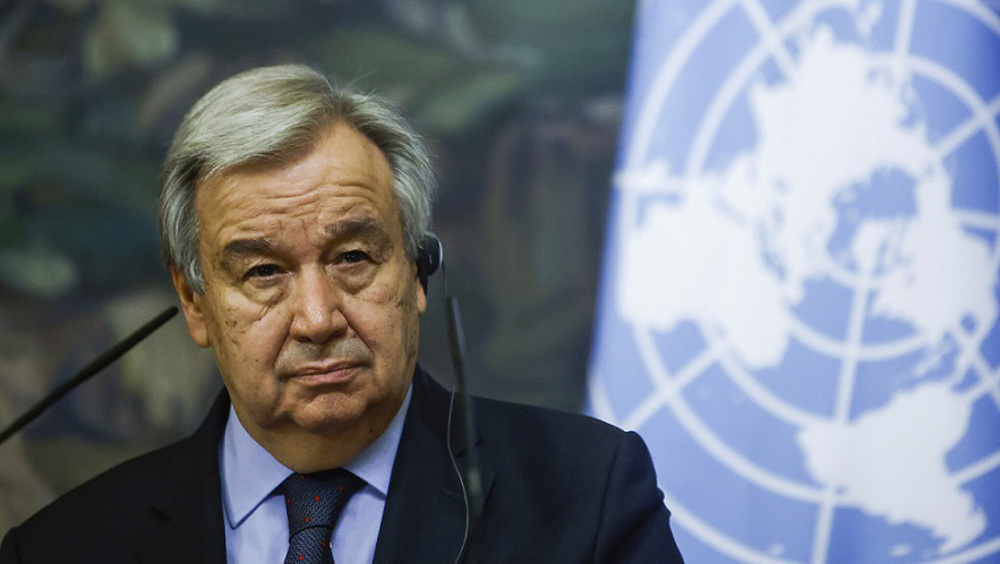
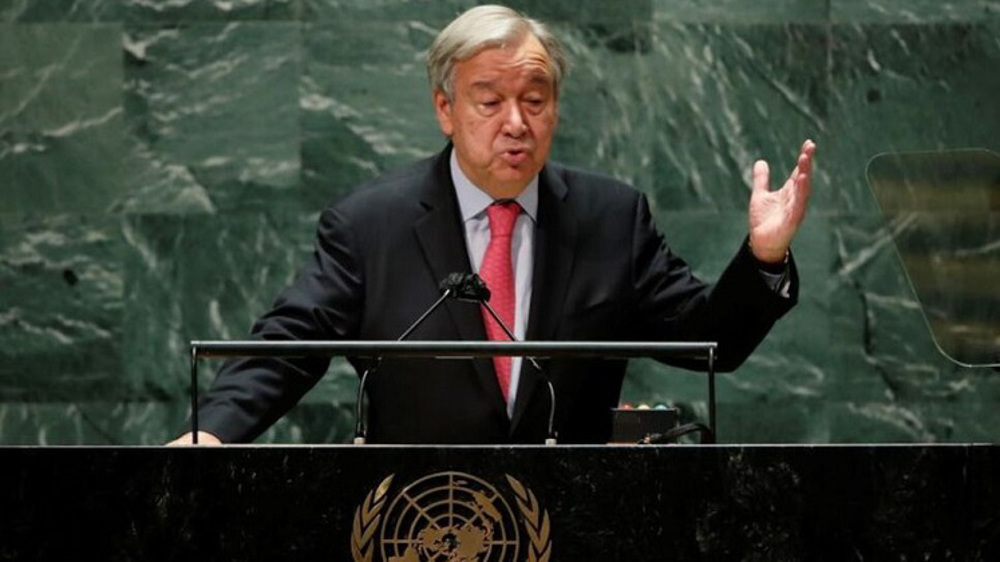

 This makes it easy to access the Press TV website
This makes it easy to access the Press TV website